What We Do
At your first appointment:
Your first appointment will last up to an hour, and will be with one of the pain team clinicians. The aim of this appointment is for us to hear about your needs, goals and concerns, and to start thinking with you about how to address these.
The clinician will ask about different aspects of your life to help him/her understand you and your situation. You can expect to be asked about the pain, medication, and other things like your social and family life, how you are spending your time and what your mood and stress levels are like. At the end of the session, you and the clinician will make a decision together about what the next step will be.
We will pair you with a professional whose skills and experience best meets your needs, based on your first appointment and the information in your referral.
You might want to bring a friend or member of your family to the first session if you feel this would be helpful, please let the booking team know if you wish to discuss this option.
THEN, you may be offered one of the following group sessions below, or referred on as appropriate to other specialists and services e.g. Occupational Therapy, Psychology, Medication Review, Physiotherapy etc.
Pain Management Information Session (PMIS)
The PMIS is a group session in which we aim to provide information about persistent pain and an introduction to pain management techniques.
During the session we will talk about:
Understanding pain: The differences between persistent pain and short-term pain.
The role of pain management in persistent pain.
The importance of activity in persistent pain and the effect of “de-conditioning” on the body.
Breathing techniques for pain and stress management.
How to pace activities and avoid falling into the traps of ‘over’ and ‘under’ doing.
Planning how to make changes and set goals in relation to pain management.
The session is three hours long. There is a coffee/rest break half way through and we actively encourage people to change position and move around for comfort during the session.
Do I need to bring anything with me to the Pain Management Information Session?
We will give you hand outs so there is no need for you to take notes during the session. Some information is shown on a projector screen. If you use reading glasses, and/or usually wear glasses to watch television, please bring them with you.
If you find a cushion or pillow useful for support when you are sitting, or anything else that helps you feel comfortable, please do bring it along.
Therapeutic Rehabilitation Activity programme (TRAc)
The programme consists of exercise and education components and is designed as a group intervention with other people in a similar situation to yourself. It is led by a physiotherapist and a member of the psychology team. Your team will be Karen Kenyon, Advanced Practitioner Physiotherapist and Maitridhara Goodridge, Clinical Psychologist.
There is a total of six sessions and each session is 3 hours long. There are breaks during each session. Please wear comfortable clothes. Refreshments are available but you are welcome to bring your own water bottle, too.
Pain Management Programme (PMP)
A PMP is a comprehensive group approach run by a Psychologist, Physiotherapist and other Health Professionals. The PMP aims to help you manage your pain so that you can have more control over your daily life rather than to ‘cure’ pain.The groups are aimed at equipping you with strategies for living as full a life as possible with your pain.
Some people feel a bit worried about being in a group, but most find any anxieties quickly fade, and most people tell us that being with others who are going through similar difficulties is one of the most beneficial aspects of the PMP.
The 30 hour PMP runs for 10 half-days (3 hour) sessions, with the options of twice a week for 5 weeks, or once a week for 10 weeks. It is run by a psychologist, physiotherapist and occupational therapist.
The below video is a debrief with a patient who has been through the Pain Management Programme, discussing his experiences and outcomes.
